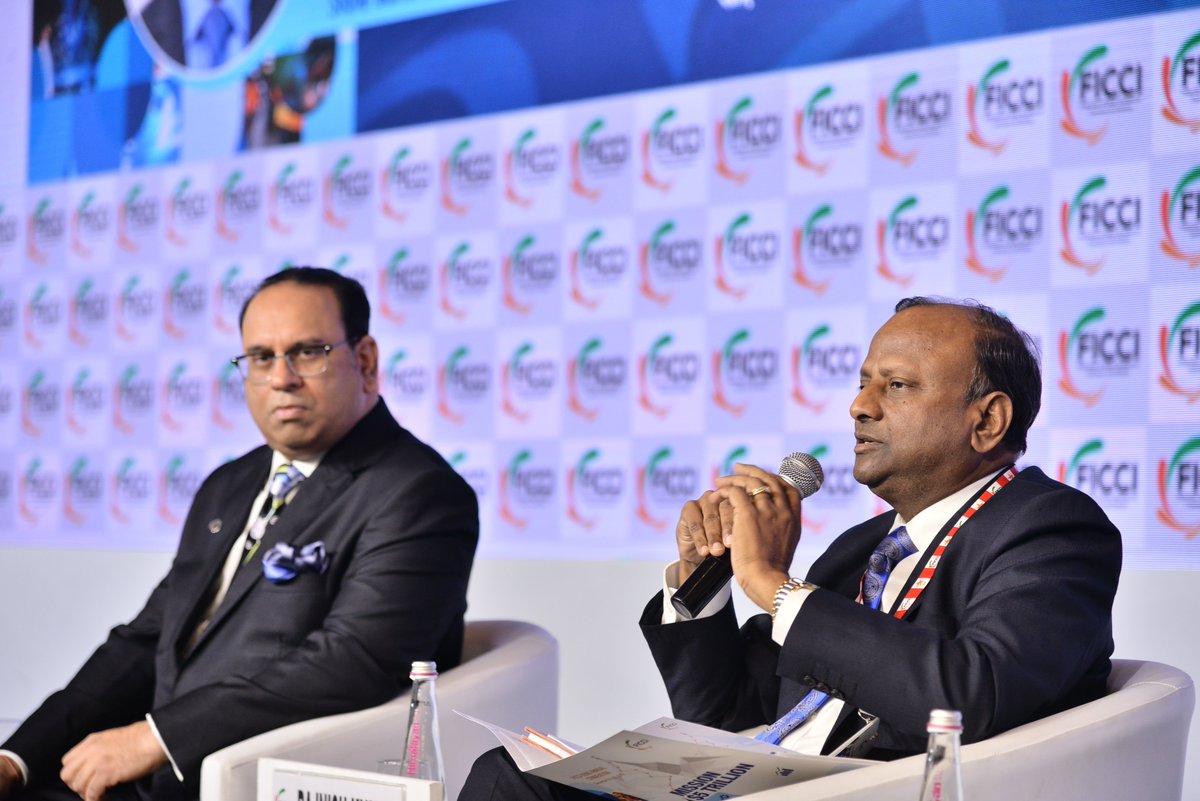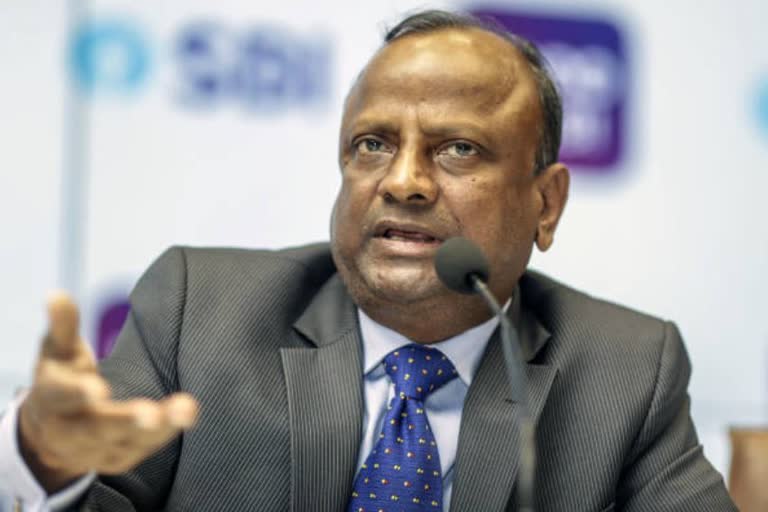New Delhi: SBI Chairman Rajnish Kumar on Saturday said most banks will be in a good position with respect to stressed assets by March and there is no dearth of liquidity in the system for lending.
He added that there are opportunities to lend in sectors such as infrastructure and consumer lending as there is not much of a decline in demand from consumers.
"By March 31st, most of the banks will be in a good position with respect to stressed assets," Kumar said at the 92nd Annual Convention of industry chamber FICCI here.

On transmission of monetary policy, he said the banks cannot lower rates beyond a threshold due to asset-liability mismatch issues.
Kumar stated that there is no shortage of capital in the system, but the corporates are not borrowing enough and not utilising their capacities well.
On lending to the telecom sector for the next round of spectrum auctions, he said, "For us lending to the telecom sector for spectrum is completely unsecured. On paper, it is secured as the auction is to be done by the government but practically it is totally unsecured."
"So in such circumstances, banks will have to evaluate carefully before lending to the sector as the probability of default is very high," Kumar said.
Read more:Sundar Pichai gets whopping $242 million stock package in new role
Kumar also said that banks cannot go beyond a threshold to bring down interest rates on deposits as India lacks social security schemes and likewise cannot lend at lower rates to corporates as the risk of default is too high.
On rate transmission by banks, Kumar said when interest rate moves downwards then everybody starts talking and when it goes upwards nobody talks about it.
When the repo rates were going up five-six years back, interest rates for borrowers did not increase in that proportion, he said.
In 2013, the repo rate was around 10 per cent, the SBI Chairman said adding that since 2013, Reserve Bank's repo and bank interest rates for consumers have been moving in a completely aligned manner.
"Secondly, we have repeatedly mentioned that banking system's dependence ...in India is largely on depositors. Today, 90 per cent of my deposit is retail deposit. If I want to lend money cheap, obviously I will have to pay less to depositors; and in a country like ours where there is huge population of senior citizens and in the absence of social security schemes, the interest on deposits is a source of earning," Kumar said while speaking at the 92nd FICCI Annual Convention here on the theme 'making financial system robust to aspire a USD 5 trillion economy'.
At present, banks largely offer 3 to 4 per cent interest on deposits in savings accounts, and charge borrowers 8 per cent and above rate on loans.
On getting competition from government saving schemes, he said such instruments do not impact the banks much as they still command huge share in the deposit market.
"We can't lower the interest rates (on lending) without lowering the interest rates for depositors. And there is a point, a threshold below which we cannot reduce the interest rate for depositors. Third thing is that the credit cost in the country is very high because the default rates are very high, so the spread has to be necessarily high," said the head of the country's largest lender.
The loss due to defaults is very high currently and in such a scenario the spreads have to be necessarily high to cover for the credit costs, Kumar added.



